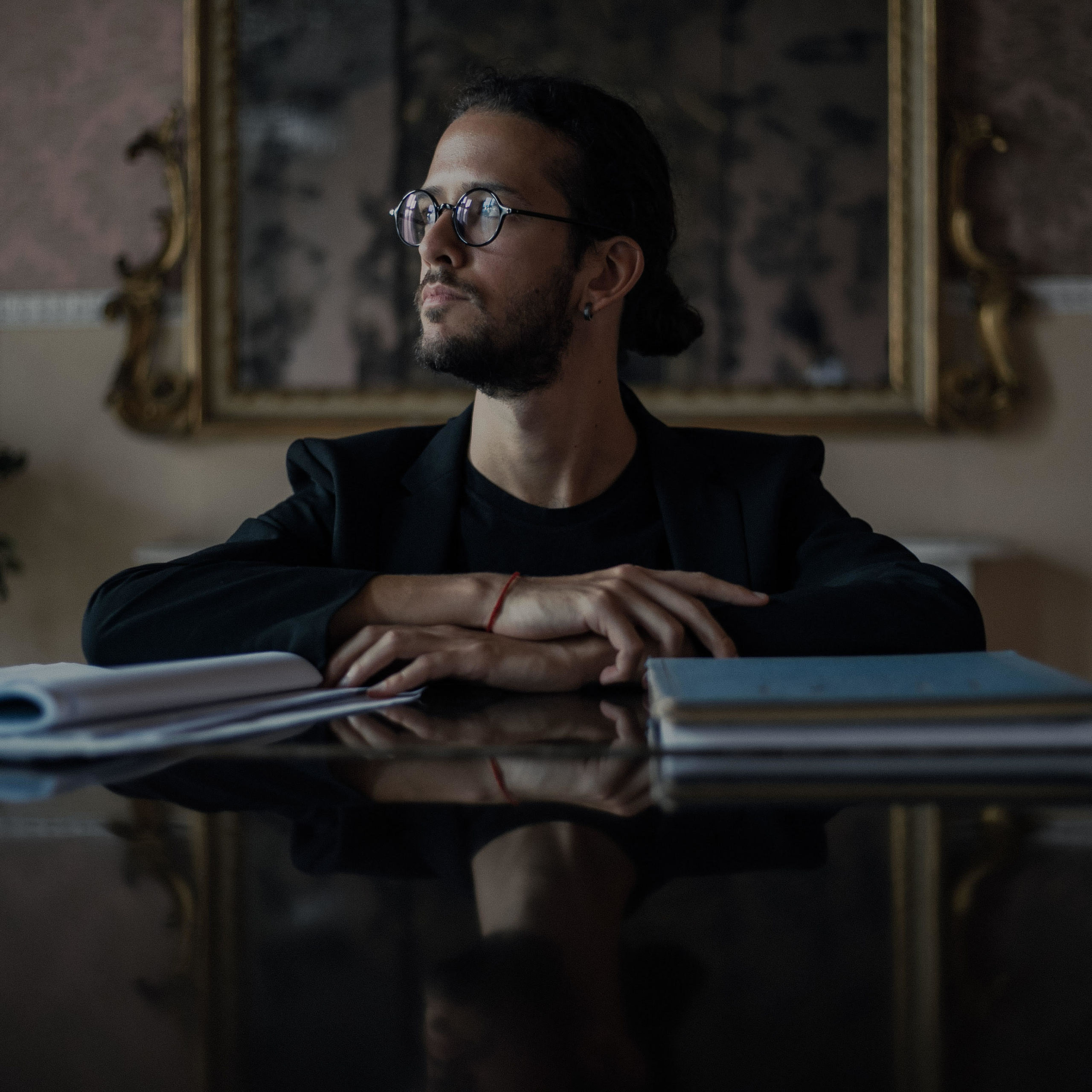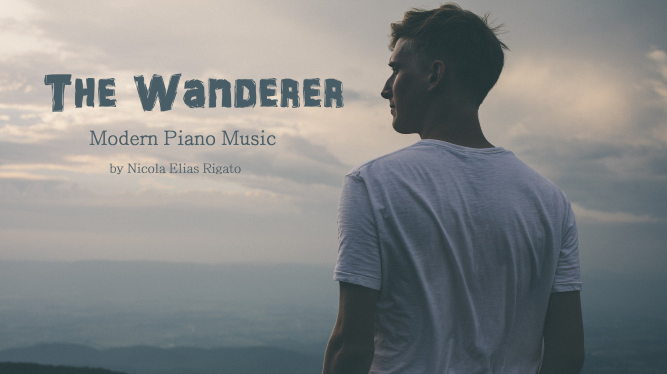About
Nicola Elias Rigato was born on 12/8/1991 in Rovigo (Italy) where he lives. In 2012 he obtained the Piano Diploma at the “F. Venezze ”of Rovigo reaching full marks, praise, honorable mention. He continued his studies at the same Conservatory obtaining a Degree in Chamber Music, with Maestro Massimiliano Mainolfi, reaching 110 with honors and mention. He studies through numerous masterclasses with Maestro Oxana Yablonskaya, also participating in those of Masters Pier Narciso Masi, Roberto Prosseda, Orazio Maione, Pietro De Maria, Sergei Edelmann, Piero Rattalino, Wolgang Manz, Anna Kravtchenko. In 2019 he obtained the Diploma Old Order of Composition with full marks at the "Steffani" Conservatory under the guidance of Maestro Gian-Luca Baldi, also participating in the composition masterclasses of Giovanni Sollima, Paolo Aralla, Claudio Ambrosini, Fabrizio De Rossi Re , Gianvincenzo Cresta.
In 2012 he forms a Trio with Sofia Gelsomini (violin) and Marco Venturini (cello), which is the winner of the Absolute First Prize of the City of Giussano 2013 and Salieri Legnago 2013 competitions. The "Trio Hermes" performed at the Sacile Theater ( 2014) and at the Alfieri Theater in Castelnuovo di Garfagnana (2015).He performs in piano recital at the Cotogni Theater, Castelmassa (2011); Agazzotti Cultural Lounge, Modena (2012 and 2017); Social Theater and Accademia del Concordi, Rovigo (2013); Marcabruni-Giuliani Palace, Arco (2015); Mendigorria Theater, Spain; Casino Ceretà Theater, Puigcerdà, Spain (2014); Cabinet of Reading, Padua (2017).
His music was performed by the Duo Zappa-Mainolfi in Lisbon (2012) and during the duo's tour in South Africa. In 2015 he performed original music in duo with the violinist Valentino Corvino at the Academic Theater of Castelfranco Veneto. It is performed during the Seetaler Poesiesommer European Tour (2016), as well as at the FUNDUS event, at MART in Rovereto (2016); of this international project, in the same year, he becomes responsible for Italy, bringing contemporary music to the major Italian art museums. In 2015 he composes original music for the Museum of Polesella (RO), in 2016 he composes original music for the audiobook "Peter Pan and the island of dreams", published thanks to AlphaZTL and the inmates of the Brindisi prison. In 2018 he won the Don Sante Montanaro Award International Composition Competition (Bari). In 2019 he is a guest of InnoVits in the final event "The Noise of Attention", a business laboratory, in which he gives a speech on the theme of attention.
Since 2012 he has been teaching piano and composition at the Bonifacio Middle School, Pro Music School, Prima Corda Association. He teaches piano composition and ensemble music in Modena at the FOUR cultural association, Casa di Musica, of which he is vice president. In 2018 he published "La Mano, La Mente, Il Cuore" (Fabbrica dei Segni publisher), a method of piano specialization and first instrumental application of the FOUR Method by Laura Polato, already adopted by several Italian primary schools. In 2019 he published "Sul Palco - practical guide for musicians and pianists" (Fabbrica dei Segni publisher).

